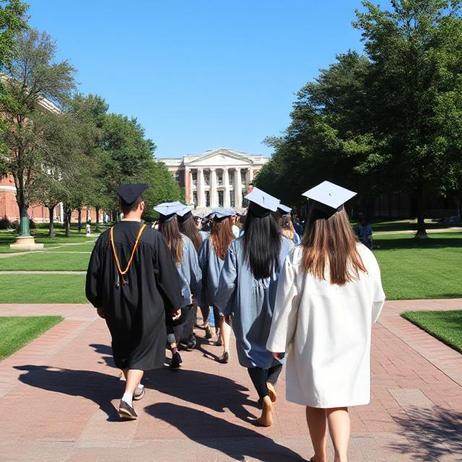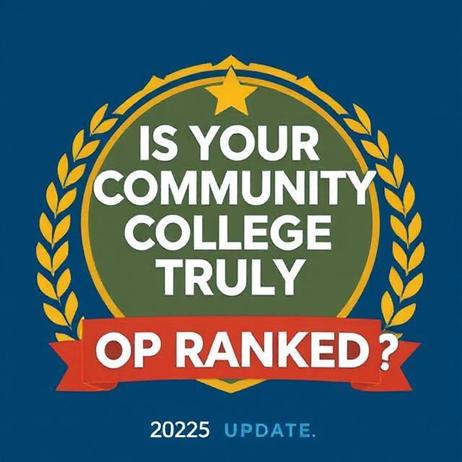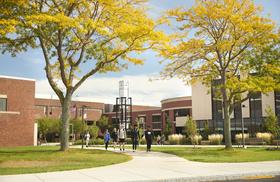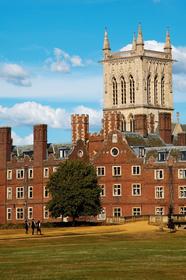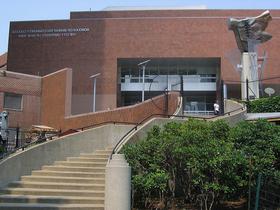Introduction
Community colleges offer an accessible and cost-effective pathway to postsecondary credentials. In the 2025 labor market, many students and families are especially interested not just in completion, but in whether those credentials lead to well-paying jobs. Fortunately, some community college majors are strongly aligned with high-demand, better-paying career pathways.
This article identifies community college majors that tend to lead to higher earnings (or the potential for them), outlines considerations and caveats, and offers guidance for students planning career-oriented pathways.
Why Major Choice Matters (Even at a Two-Year College)
While community colleges are often thought of as “stepping stones” to four-year degrees, many students enter the workforce directly with associate degrees or certificates. Research by the Community College Research Center (CCRC) shows that:
In 2022–23, 56 % of credentials awarded (associate degrees, long and short-term certificates) were workforce or career-technical credentials.
About 48 % of those credentials are associated with median earnings well above a living wage two years post-completion.
Fields such as nursing, allied health technology, industrial/trades, construction technology, and engineering technology were among those most frequently linked to higher earnings. Community College Research Center+2ateimpacts.net
Thus, the choice of major can significantly influence whether a student ends up in a job that pays well, or one that barely covers basic expenses.
That said, no major guarantees success. Outcomes depend on


